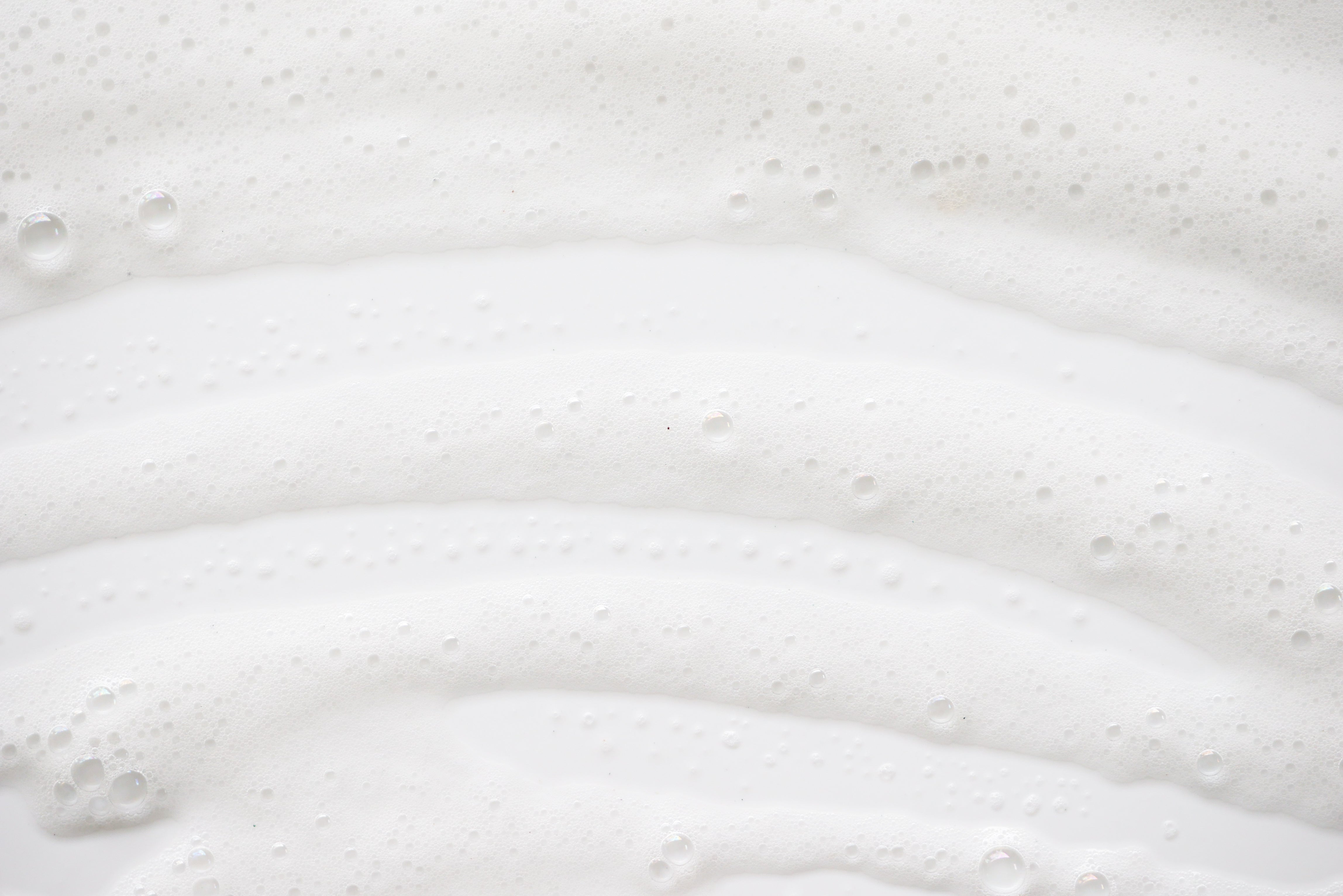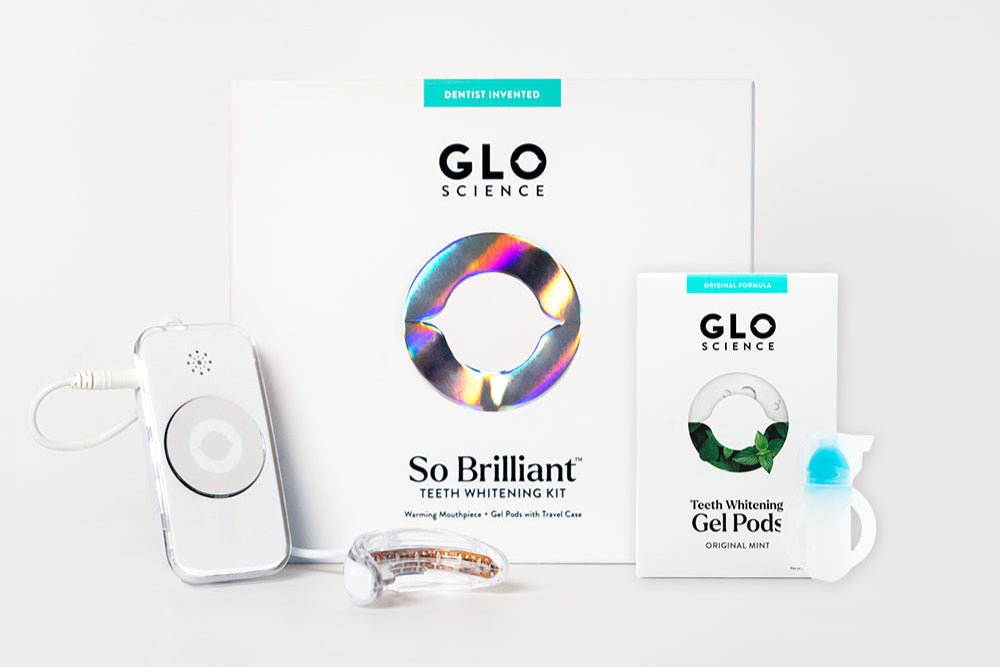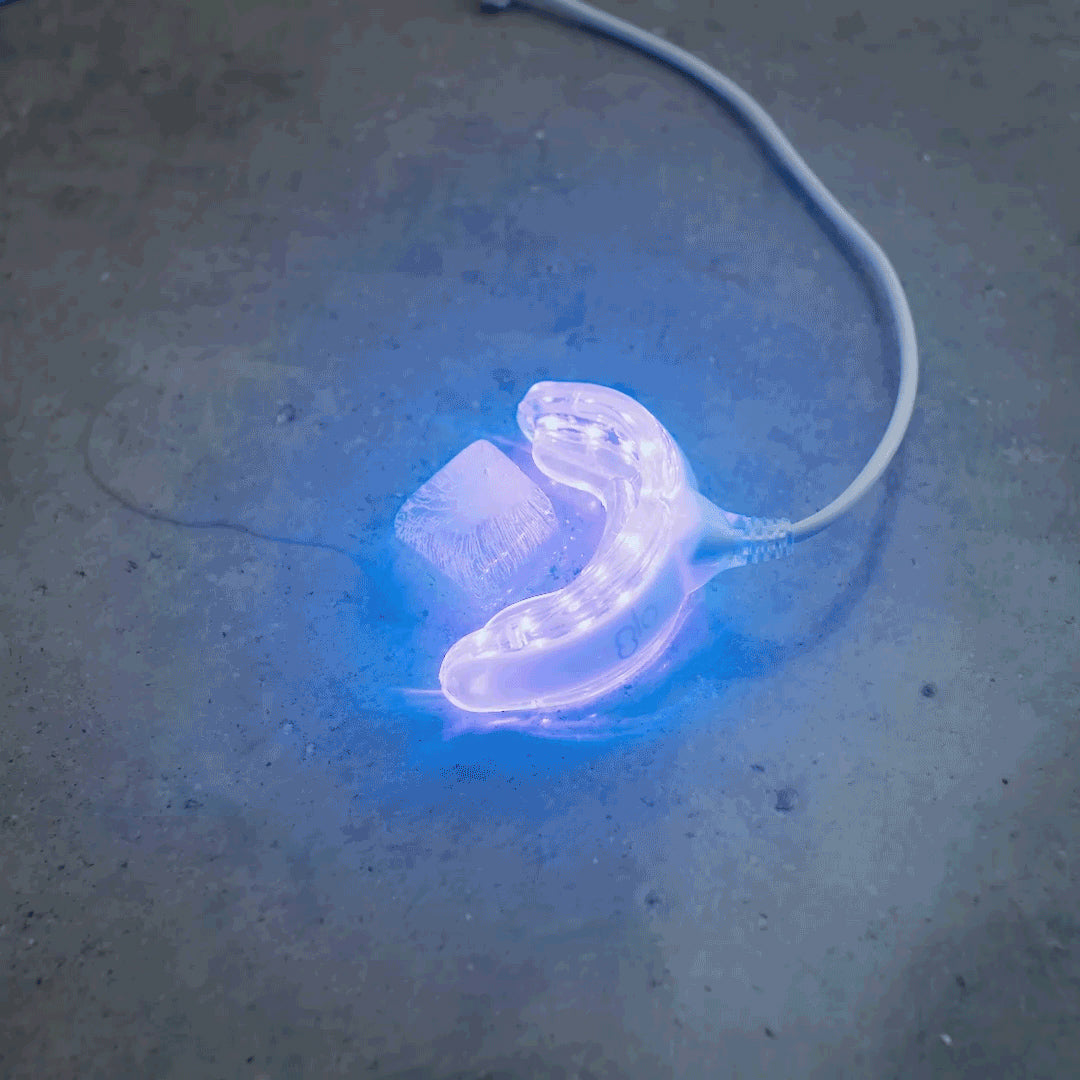
Carbamide Peroxide vs. Hydrogen Peroxide: Which is Better for Teeth Whitening?
For many, a radiant smile is a sign of attractiveness. But years of coffee and red wine stains, or even just aging can leave teeth looking dull and stained. Thankfully, teeth whitening can solve the problem. But with a plethora of whitening products available, both over-the-counter and professional, choosing the right option can be confusing.
Two of the most common ingredients in teeth whiteners are carbamide peroxide and hydrogen peroxide. They both work to whiten teeth, but—carbamide peroxide vs hydrogen peroxide, which is better for you? This blog delves into the science behind these whitening powerhouses to help you make an informed decision for your smile.
What is Carbamide Peroxide?
Carbamide peroxide is a powerful oxidizing agent capable of breaking down other chemical compounds. When it comes into contact with water, it breaks down, releasing both hydrogen peroxide and urea.
The key player here is hydrogen peroxide, which acts as the active whitening ingredient. Urea, on the other hand, plays a supporting role by stabilizing the compound and extending its shelf life. Its oxidizing capability makes it useful in various medical and cosmetic applications, and notably in teeth whitening.
What is Hydrogen Peroxide?
Hydrogen peroxide is a versatile staple found in both dental clinics and home medicine cabinets. It's a powerful disinfectant with antiviral and antibacterial properties. This means it can break down the cell walls of anything it touches, eliminating bacteria and viruses. However, unlike bleach, hydrogen peroxide breaks down into harmless water and oxygen, making it a safer alternative for various tasks. Actually, its stain-removing and germ-killing properties make it a common substitute for bleach in many applications.
Carbamide Peroxide Vs. Hydrogen Peroxide
While both carbamide peroxide and hydrogen peroxide whiten teeth, some key differences set them apart:
Delivery of Whitening Power:
- The carbamide peroxide releases 50% of its whitening power in the first two hours, while the remaining 50% will be gradually released taking up to 8 hours.
- On the other hand, the hydrogen peroxide instantly starts breaking down the yellow stain molecules, releasing most of its whitening power during the first 30-60 minutes, making it a faster whitening option.
Sensitivity:
While both CP and HP are considered safe and effective, a study has shown that using lower concentrations for a long duration caused negative changes to the enamel–the hard outer shell of the tooth– and higher sensitivity rather than using higher concentrations for a shorter time.
In other words, being faster, hydrogen peroxide is considered a safer option for teeth whitening. Moreover, when paired with GLO’s patented illuminating heat technology, it amplifies its whitening power while reducing the contact time with the teeth.
Concentration:
Unlike hydrogen peroxide, carbamide peroxide breaks down gradually when it comes into contact with water, releasing hydrogen peroxide and urea. This slow release means that a 10% carbamide peroxide solution only releases about 3.6% hydrogen peroxide. As a result, you'll typically need higher concentrations of carbamide peroxide to achieve the same whitening results as a lower concentration of hydrogen peroxide.
Is Carbamide Peroxide the Same as Hydrogen Peroxide?
No, carbamide peroxide is a precursor to hydrogen peroxide, meaning it breaks down into hydrogen peroxide in the presence of water. This breakdown process allows for a slower and more sustained release of hydrogen peroxide compared to pure hydrogen peroxide solutions.
Can You Mix Carbamide Peroxide and Hydrogen Peroxide?
Mixing hydrogen peroxide and carbamide peroxide together is not dangerous. However, there's no real benefit to mixing them yourself. Both chemicals break down to release hydrogen peroxide for whitening. Mixing them likely won't make the solution any stronger or more effective. In fact, it may irritate your gums and teeth if not used properly. It’s always important to follow the manufacturer's instructions to avoid any unnecessary side effects.
Which is More Effective: Carbamide Peroxide vs. Hydrogen Peroxide?
As we mentioned earlier, while both options are quite popular and effective, studies suggest that using a higher concentration of whitening agent for a shorter time might be gentler on your teeth than a lower concentration used for longer. This means stronger whitening power can actually be faster and less harsh on your enamel.
That’s why hydrogen peroxide is a better and more effective option. Unlike carbamide peroxide, it doesn't need to be on your teeth for as long to work. This is because it gets to work faster, breaking down stain molecules quickly.
Moreover, GLO's whitening technology builds on this benefit of hydrogen peroxide. By minimizing contact time even further, it activates the hydrogen peroxide formula even faster. This delivers outstanding whitening results in a short amount of time, making it a convenient and potentially gentler option for your smile.
Making the Right Choice…
Ultimately, the best way to determine which teeth whitening option is right for you is to consult with your dentist. They can assess your individual needs, tooth sensitivity, and desired whitening goals to recommend the most suitable product or treatment. Remember, a healthy smile is a beautiful smile, so prioritize safe and effective whitening methods.
Check Out GLO’s Dentist-Approved Whitening Technology HERE.







